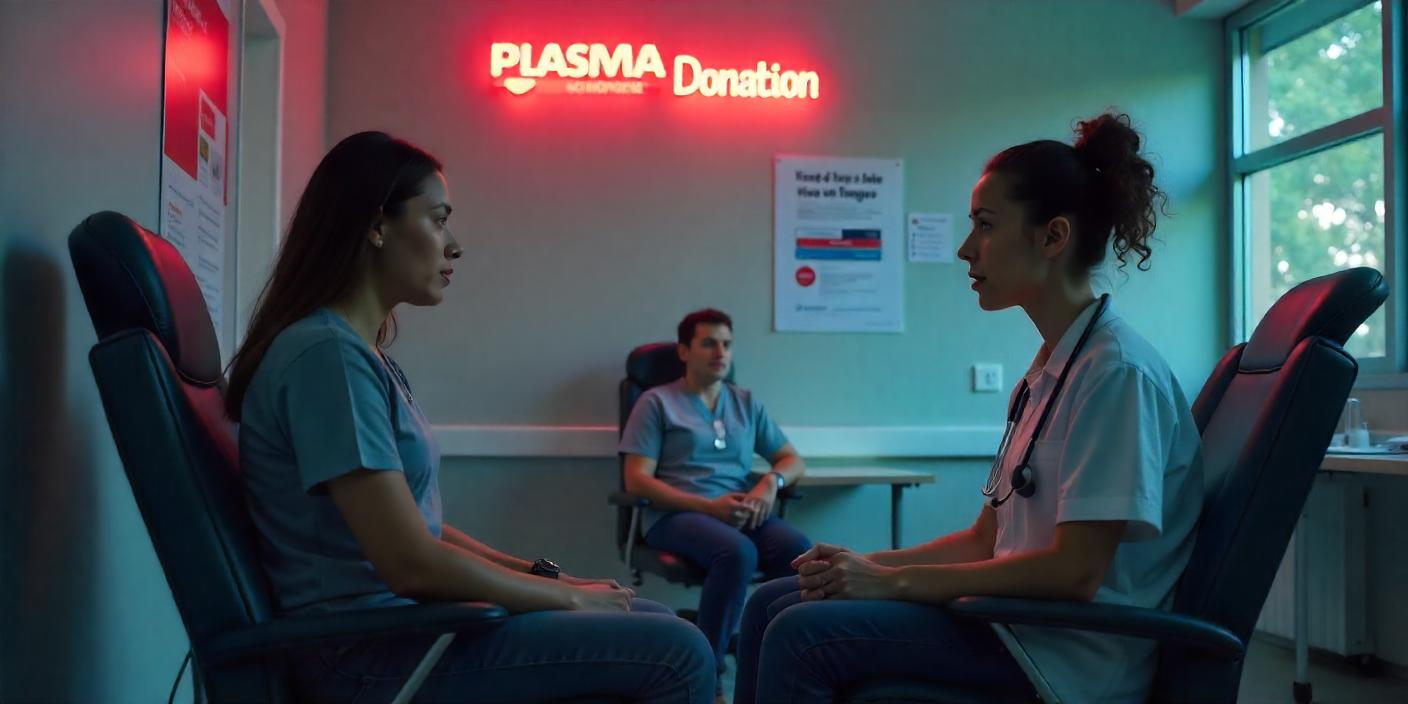Not sure if you're eligible to donate plasma in Australia? Learn 7 common reasons donors get rejected — from travel and illness to medical history.

Plasma donation is an incredible way to save lives, but it’s not for everyone.
In Australia, plasma donors must meet strict health and lifestyle criteria to ensure safety for both the donor and the patient. If you're wondering whether you're eligible, this guide will help you understand who should NOT donate plasma and why.
Lifeblood Australia follows international safety standards. Restrictions are in place to:
Protect donors from negative side effects
Ensure plasma is safe for patients
Avoid unnecessary waste of unusable donations
You should not donate if you have:
Fever, cold, or flu symptoms
COVID-19 symptoms or recent infection
Any contagious illness
🔹 Wait until you're symptom-free for at least 7 days.
Plasma donation can affect iron levels, especially if already low.
Lifeblood checks haemoglobin before each donation.
Wait 4 months after receiving a tattoo or piercing.
Even with a sterile environment, this delay ensures safety.
You must delay or avoid donation if you’ve recently traveled to:
Malaria-risk countries
Places with emerging infections (like Zika, dengue, etc.)
🔹 Check Life-blood
Pregnancy and postpartum recovery increase blood volume needs.
You must wait until at least 9 months after giving birth to donate plasma.
You cannot donate plasma if you have:
Hepatitis B or C
HIV or AIDS
Certain types of cancer (especially blood cancers)
Recent major surgery or organ transplant
You must avoid donating if:
You inject recreational drugs
You're on medications that affect blood safety
You’ve used certain hormone or antibiotic therapies
It depends. Many common medications (e.g. for blood pressure, cholesterol, allergies) are fine. But some require a waiting period.
🔗 Use Lifeblood’s Eligibility Tool or ask your nurse on the day.
| Reason | Wait Time |
|---|---|
| Flu, cold, mild illness | 7–14 days |
| Tattoo/Piercing | 4 months |
| Travel to malaria areas | 4–12 months (varies) |
| Blood-transmissible infection | Permanent exclusion |
| Pregnancy | 9–12 months post birth |
You’re not alone!
Before showing up, use these resources:
🔹 Lifeblood Eligibility Tool
🔹 Call 13 14 95
🔹 Speak to a nurse on-site
If you’re unsure about your eligibility, it’s always better to ask.
Plasma donation is incredibly important — but only when it’s safe for you and the recipient.
If you're not eligible right now, you might be in the future.
✅ Stay healthy, stay informed — and share this guide to help others too!
📍 Still want to help?
You can spread awareness, become a volunteer, or encourage someone else to donate.
Visit life-blood to learn more. Who can donate blood in Australia step by step guide